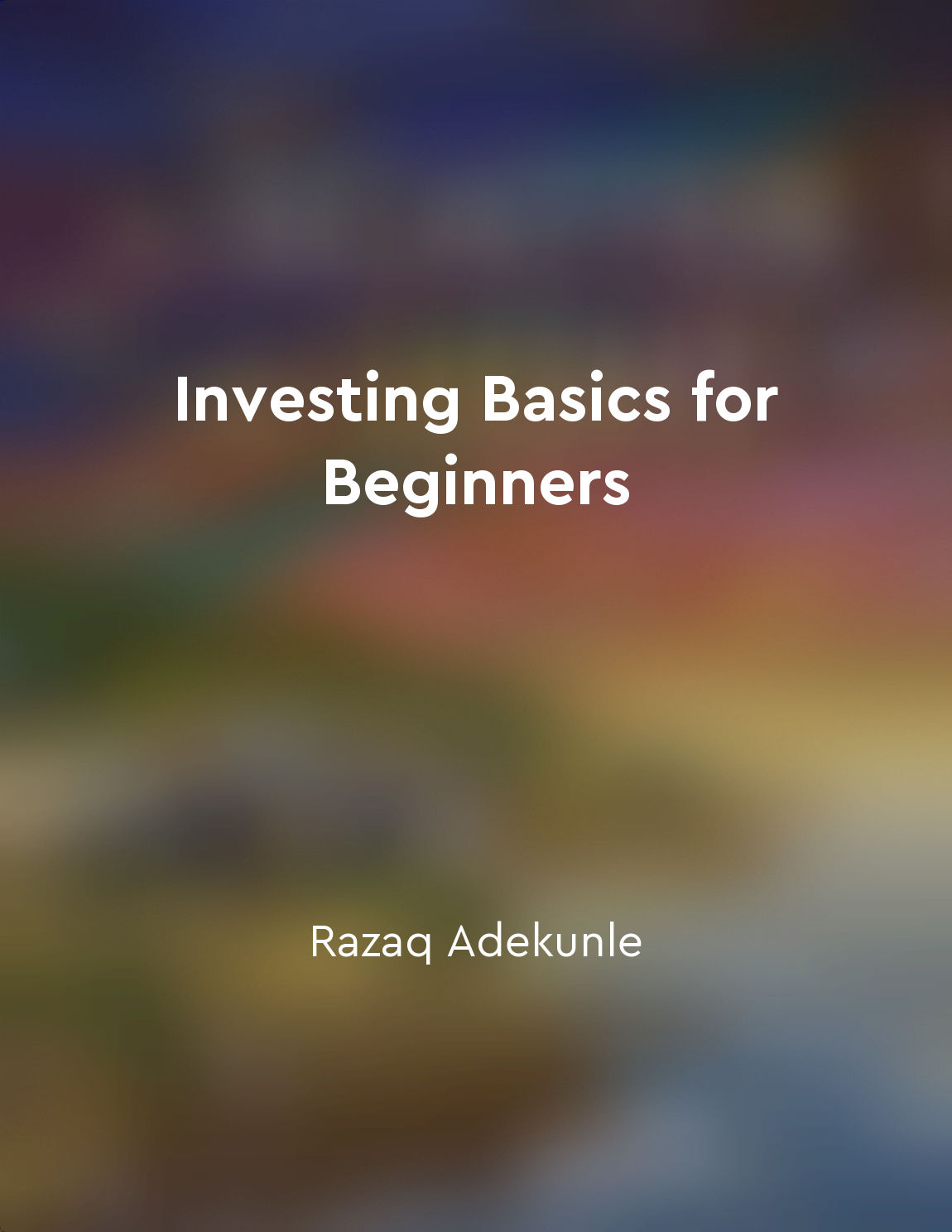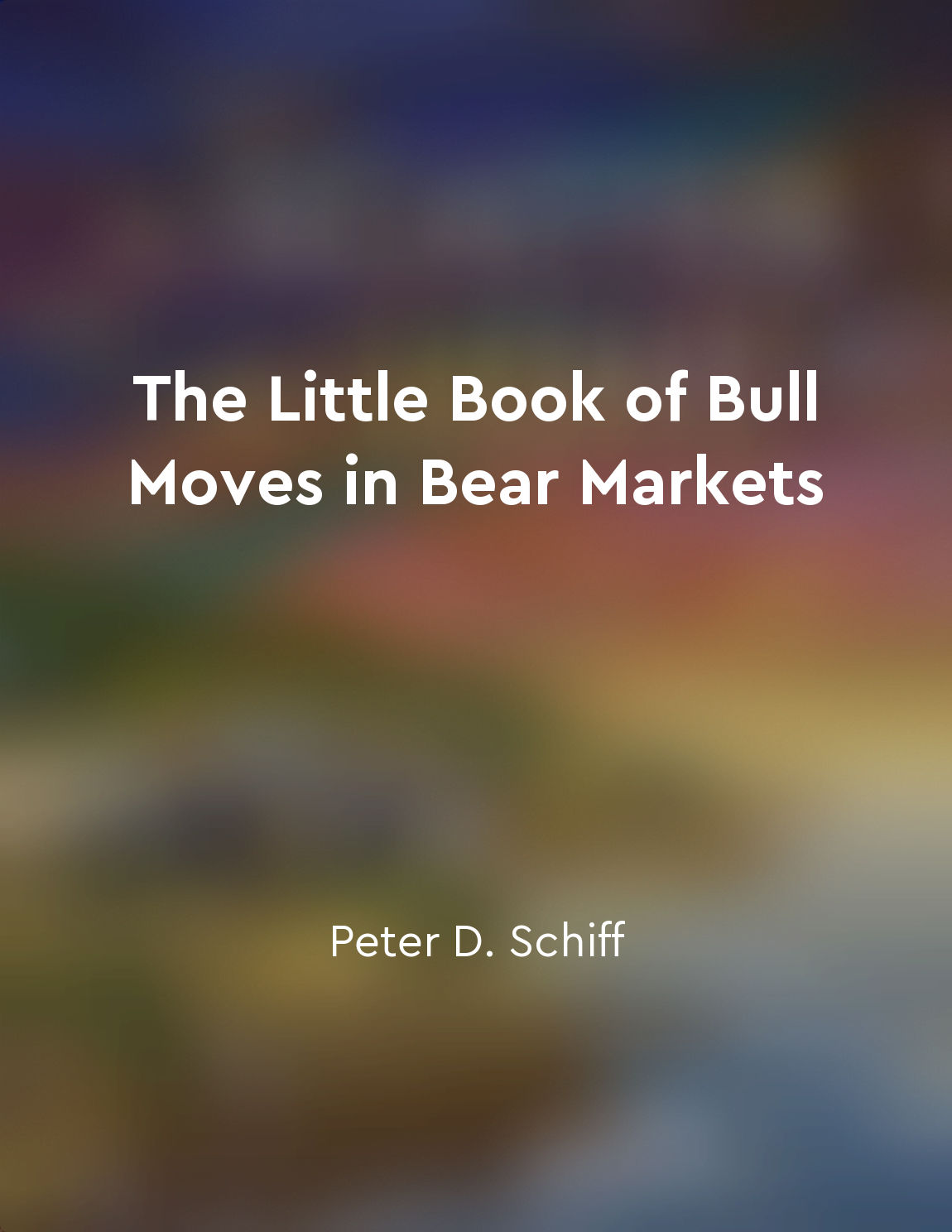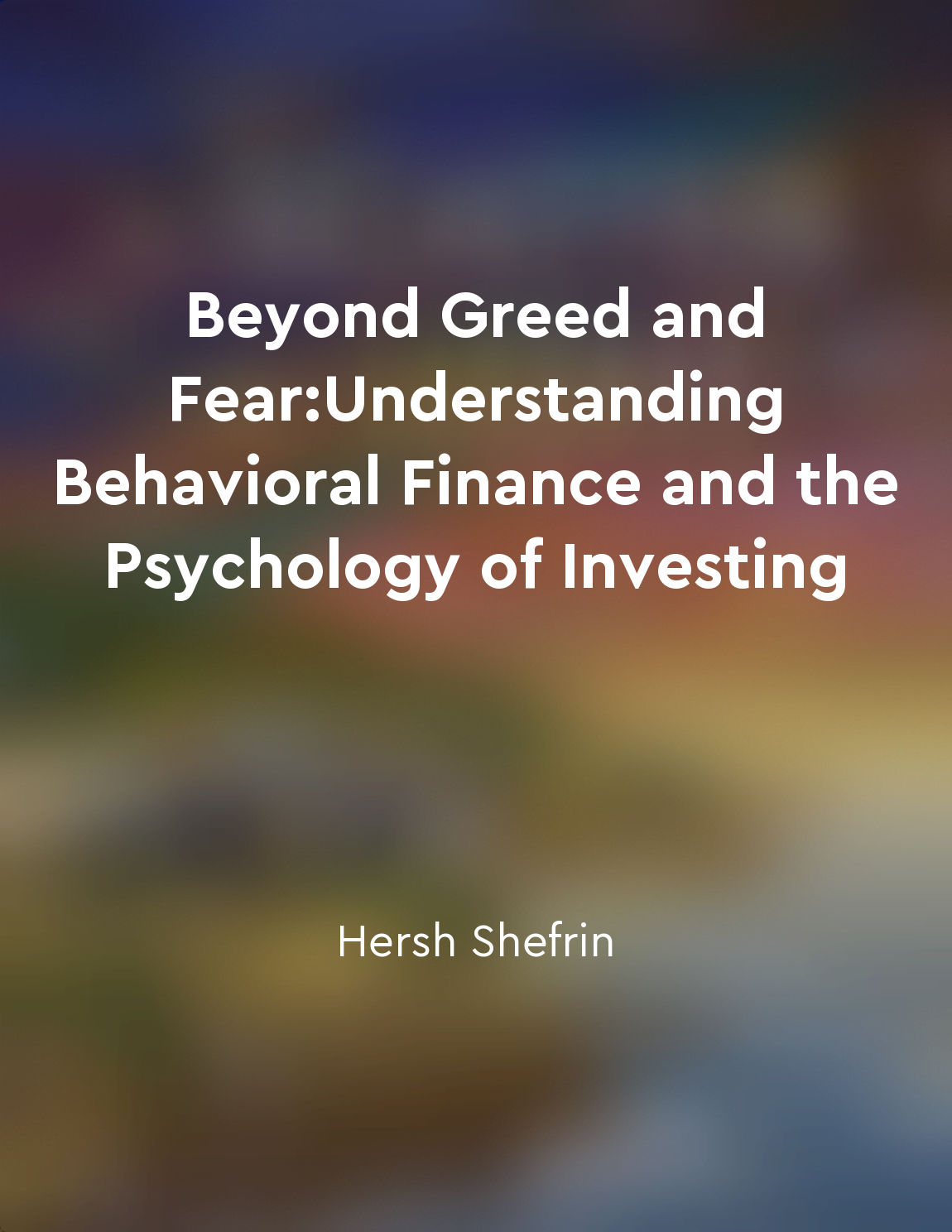Emotions play a significant role in shaping financial choices from "summary" of Beyond Greed and Fear:Understanding Behavioral Finance and the Psychology of Investing by Hersh Shefrin
Emotions wield immense power when it comes to making financial decisions. These emotions can greatly influence the choices we make, often leading us down paths we may not have taken otherwise. Fear, for instance, can cause individuals to sell their investments hastily during a market downturn, even if doing so may not be in their best interest in the long run. On the other hand, overconfidence can make investors take on excessive risks, potentially leading to significant losses. The impact of emotions on financial decisions is not limited to individual investors. Even professional fund managers, who are expected to make rational choices based on data and analysis, are susceptible to the sway of emotions. For instance, the fear of underperforming against their peers can push fund managers to make risky investments in an attempt to catch up, disregarding the potential consequences. Moreover, certain cognitive biases can further exacerbate the influence of emotions on financial choices. Confirmation bias, for instance, can cause individuals to seek out information that supports their preconceived notions while ignoring contradictory evidence. This can lead to suboptimal decision-making, as individuals may not take into account all relevant information before making a financial choice. Understanding the role that emotions play in shaping financial decisions is crucial for investors. By recognizing the emotions that drive their choices, individuals can take steps to mitigate their impact. This may involve setting predefined investment strategies and sticking to them, seeking advice from a financial advisor to provide an objective perspective, or engaging in mindfulness practices to cultivate emotional awareness.- Emotions undeniably play a significant role in shaping financial choices. Being aware of the emotions that influence our decisions and taking steps to counteract their negative effects can help individuals make more rational and ultimately more successful financial decisions.
Similar Posts

Analyze investment options to make informed decisions
When it comes to investing, it is crucial to carefully analyze the various options available to you in order to make informed d...

Debasing the currency devalues savings
When governments debase their currencies, they are essentially reducing the value of the money in circulation. This can have a ...
Embrace the journey of becoming a consistently profitable trader
As you embark on the path to becoming a consistently profitable trader, it is essential to embrace the journey with an open min...

Diversification is key to managing risk
One of the most fundamental principles in managing risk is diversification. This concept is simple yet powerful - by spreading ...
Compound interest is a powerful wealthbuilding tool
Compound interest is a wonder of the financial world. It's like a magic trick that keeps on giving. The concept is simple: your...

Diversify your investments to reduce risk
Diversification is a key principle for any prudent investor. By spreading your investments across a variety of different assets...

Stay humble and openminded in your approach to investing
When it comes to investing, it is crucial to maintain a humble and open-minded approach. It is easy to fall into the trap of ov...

Keep costs low to maximize returns
The importance of keeping costs low cannot be overstated when it comes to investing. Consider this: if you have two investment ...

Don't try to time the market
Trying to time the market is a common mistake that many investors make. Timing the market involves predicting when the market w...
Invest in yourself through education and skills building
One of the most important investments you can make is in yourself. This involves continuously seeking out opportunities to lear...


